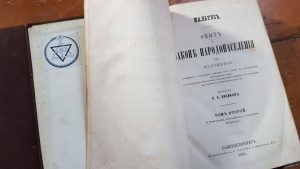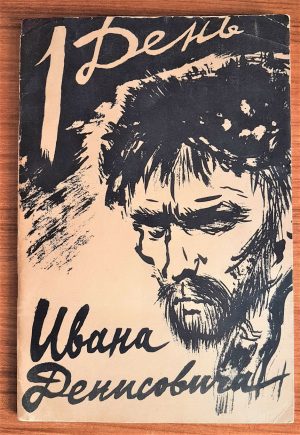Our Notes & References
First edition of the first work published by the renowned German-Jewish political philosopher, and his only major work in print while still a German resident. Together with his other path-breaking study The Political Philosophy of Hobbes, it secured fame to the 30-year old scholar, just before he left Germany for good.
In the preface to the first English edition (published much later, in 1965), Strauss describes the beginnings of his intellectual journey: “This study of Spinoza’s Theologico-Political Treatise was written during the years 1925–28 in Germany. The author was a young Jew born and raised in Germany who found himself in the grip of the theologico-political predicament” (SCR, p. 1). This “theologico-political predicament”, referring to the early modern attempt to define separate roles of politics and theology, would become one of the central themes in Strauss’ later works on what he called “the quarrel between the ancients and the moderns, the relation between Jerusalem and Athens” (Batnitzky).
In his Religionskritik Spinozas, Strauss closely examines Baruch Spinoza’s ideas and identifies him as part of the tradition of Enlightenment rationalism that eventually produced Modernity. Strauss articulates the conflict between reason and revelation as he explores Spinoza’s scientific, comparative, and textual treatment of the Bible; he juxtaposes Spinoza’s Theologico-political Treatise and the Epistles, showing their relation to critical controversy on religion from Epicurus and Lucretius, through Uriel da Costa and Isaac Peyrere, to Thomas Hobbes. Strauss additionally discusses the political implications of Spinoza’s views, particularly his defence of democracy and free and rational society, and his critique of authoritarianism.
Strauss published this work in memory of the theologian and philosopher Franz Rosenzweig (1886–1929), whom he met in the 1920s when Rosenzweig was teaching at the Freies Jüdisches Lehrhaus in Frankfurt, a centre for Jewish adult education that he had founded. Strauss, then a young graduate student in philosophy at the University of Frankfurt, attended Rosenzweig’s classes and became one of his students.
Bibliography
Leora Batnitzky, “Leo Strauss”, Stanford Encyclopedia of Philosophy, Apr. 9, 2021.
Physical Description
Octavo (24 x 16 cm). XII pp. incl. titles and foreword, half-title, 288 pp.
Binding
Blue cloth covered boards with gilt titles on front cover and spine.
Condition
Spine lightly sunned and soiled, corners minimally rubbed, top edge a bit soiled; illegible small stamp on title page, very light foxing on edges and endpapers; boards and text block fresh and clean.




